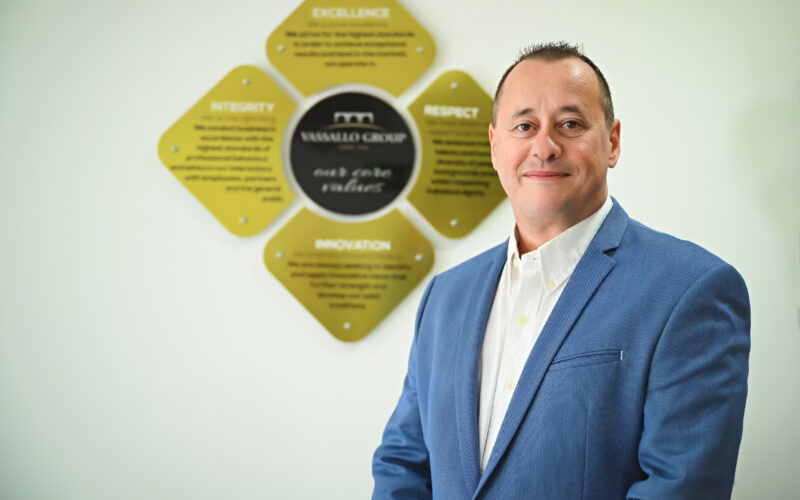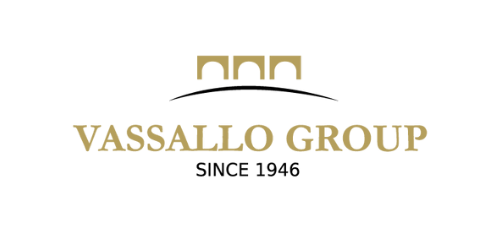
From care to construction, and catering to education, for the past decades the Group has been a trendsetter in all sectors it ventured into. And despite the ongoing worldwide financial challenges, Stephen Borg believes the company will now similarly fill a gap in the sports sector with a secondary and tertiary education college. The Mediterranean College of Sports in Birkirkara, which is expected to be ready by the beginning of 2024, will among others, host a heated swimming pool, sports science centre and five-a-side football pitch.
If all goes as planned, the college will welcome the first cohort of students for the 2024-2025 scholastic year. While the focus for the student-athletes will remain academia, they would be able to train at the same campus. The project comes on the heels of a pandemic that saw the world coming to a halt. Stephen believes it was the diversity of the Group, built over the past decades, that allowed the business to keep up with its committed projects and launch new ones.
“Throughout 2020 and 2021 there were areas where we suffered, areas where we suffered less and still other areas where we did well. Ultimately, we managed to absorb most of the increased costs because the diversification of our portfolio helped one area compensate for the other. Overall, our financial results for 2021 don’t bear a major difference from those of the previous year.” What about 2022? “I’d compare the effect of the pandemic to leaving one’s car in the garage for some time, and then having to try restart it. Post-Covid there is an element of rethinking and re-engineering, but we have managed to successfully ‘restart’.”
While some sectors’ operations, such as construction, returned to how they were pre-pandemic, some practices within other sectors, such as the wearing of masks and hand sanitisation within the care scenario will be retained for the foreseeable future. The retail sector has also seen some huge adjustments with some clients renting much smaller office spaces as employees are now working from home. “However, all sectors have been impacted by a shortage of labour. Whether they worked as a bartender, a cook, steel fixer or a quantity surveyor, a lot of foreign workers returned home during the pandemic as they were not earning an income and still had to pay rent.
“So, while training at Learning Works picked up after the pandemic, at the beginning of 2022 we also kicked off a process to recruit people from abroad. However, the process is taking longer than expected – in some cases we are still waiting for some work permits to be finalised.” To make things even more complicated for the Group, the world is also experiencing a shortage of supplies and, consequently, the price of raw material continues increasing. “The spike in prices started before the invasion of Ukraine. Around October 2021 we started noticing an increase in the price of flour and sugar and eventually prices increased across the board. Among the worst hit, the price of steel reinforcement increased to $700 per tonne from $200 per tonne by the beginning of this year.”
Stephen, who remembers the 2008 recession that followed a market crash, believes the current financial situation is unprecedented. Hopefully, the worst is over as the increase in prices seems to be slowing down. “In some way or another, in 2023 we will have to manage the after-effect of all these challenges, whether through inflation mechanisms or adjusted prices for our products and services.” Is there a silver lining? “A positive that we can extract from the pandemic is that we are now better able to understand the extent of our business model’s resilience: we survived and came out ready for business. We have also been afforded the opportunity to rethink aspects of our business model that did not perform as well as we had hoped.”
Considering the past three years were unpredictable, can one forecast the next five years? “Notwithstanding all it went through, over the past three years the Group actually completed some of its major investments ever, including Campus Hub and the Vassallo Business Park. The first goal for the next five years will be to see those projects in full operation. “But we won’t be resting on our laurels and we hope to continue developing in the education and sports sectors.”
